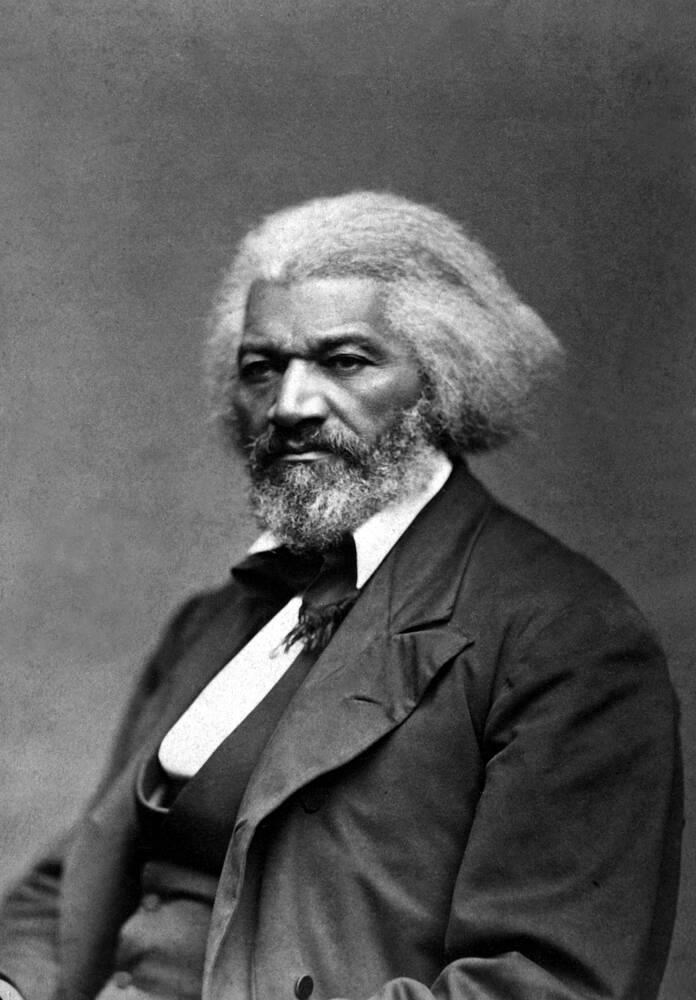Calvin Sandborn taught environmental and public interest law at the University of Victoria Faculty of Law for 20 years.
Recent controversies on college campuses raise deep concern about the state of Canada’s commitment to freedom of expression.
A growing number of student activists and professors advocate shutting university doors to speakers with whom they disagree — on issues such as abortion, gender identity, policing, and Indigenous rights. Yet many of those same individuals vigorously assert the right of free speech for pro-Palestinian demonstrators.
On the other hand, those who support the right of social conservatives to speak on campus are quick to condemn universities for not shutting down anti-Israel protests.
By invoking the right of free speech selectively, these groups undermine their credibility. Our commitment to free speech is not tested when we let our friends speak. The true test is when we let our adversaries speak. Voltaire defined the democratic imperative:
“I disapprove of what you say, but will defend to the death your right to say it.”
Unfortunately, many now reject the necessity of letting adversaries speak. And that augurs ill for democracy.
The principle of free speech has long been recognized as the freedom on which all other freedoms depend. The Supreme Court of Canada has stated:
“The concept of free and uninhibited speech permeates all truly democratic societies … The very lifeblood of democracy is the free exchange of ideas and opinions. If these exchanges are stifled, democratic government itself is threatened.”
Those concerned about marginalized groups should note that free speech has often bent the arc of history toward justice. Indeed, its exercise was the indispensable engine that drove the abolitionist and suffragette movements, and the struggles for civil rights, peace and the environment.
For example, the orations of runaway slave Frederick Douglass played a key role in abolishing U.S. slavery. As he built the abolition movement, he referred to free speech as: “… very precious … to the oppressed … Slavery cannot tolerate free speech. Five years of its exercise would banish the auction block and break every chain in the South.”
Free speech won women the right to vote. Susan B. Anthony’s speech about being arrested for voting electrified 19th-century public opinion. Emmeline Pankhurst spoke for hunger strikers vowing to die for new voting laws — and her “Freedom or Death!” speech became one of the most influential of the 20th century.
Similarly, Martin Luther King’s “I Have a Dream” speech was the thunderbolt that felled segregation. His oratory was so powerful that authorities repeatedly tried to silence him by arresting or suing him. That’s why his final “Mountaintop” speech includes this tribute to free speech: “Somewhere I read of the freedom of speech … Somewhere I read that the greatness of America is the right to protest for right.”
Progressives should not forget that censorship cuts both ways. By seeking to shut down reactionary speakers today, they help legitimize efforts to ban progressive speakers tomorrow.
And make no mistake, bans on free speech have often sabotaged progress. Residential schools banned speaking Indigenous languages and advocating culture.
Quebec silenced activists, unions and Jehovah’s Witnesses with the “Padlock Act” — which shut down buildings where “communism” had been discussed. For years, Canada Customs arbitrarily seized gay literature.
Recall the Berkeley Free Speech Movement. In 1964 the University of California barred campus political advocacy.
When a civil rights activist urged students to support Southern Black voter registration, authorities arrested him. Students responded with a “free speech” sit-in where 800 were arrested.
The Free Speech Movement became a major incubator of student radicalism — and profoundly advanced anti-racism, feminist, peace and environmental movements.
The key point is that freedom of expression functions as “the Great Engine of Truth.” Its exercise has shown many widely-held “truths” to be quite false — e.g., that slavery was just, that women were inferior, that colonialism benefited First Nations, and that gays must not marry.
Free speech gives people the liberty to challenge such false beliefs. It enables disrupters like Douglass, Pankhurst and King to challenge pernicious orthodoxies — and wake society from the “deep slumbers of decided opinion.”
This is vital. Correct conclusions are more likely to be gathered from a clash of a multitude of opinions — rather than from the declaration of one authorized set of opinions. Free discussion helps discover truth and expose injustice.
Of course there are legitimate limits on the right to free speech, including limits on hate speech and defamation. But we must not lightly interfere with a right so essential to the preservation of democracy and the pursuit of justice.
Instead, we should join Frederick Douglass in celebrating free speech as “the great moral renovator of society.”
>>> To comment on this article, write a letter to the editor: [email protected]



